On the hunt for anything sentient in the lake, Trieu’s nets catch everything from shrimp to harrowingly huge catfish, but in the process he has been carved out of wood. With the legs of a puma on the body of a man, Trieu stands atop his narrow steel vessel amidst the morning mist and paddles for all he’s worth. His beat is a well-trodden one – or a well-floated one, I guess – as he is joined by plenty of other fishermen patrolling the lake for signs of valuable life.
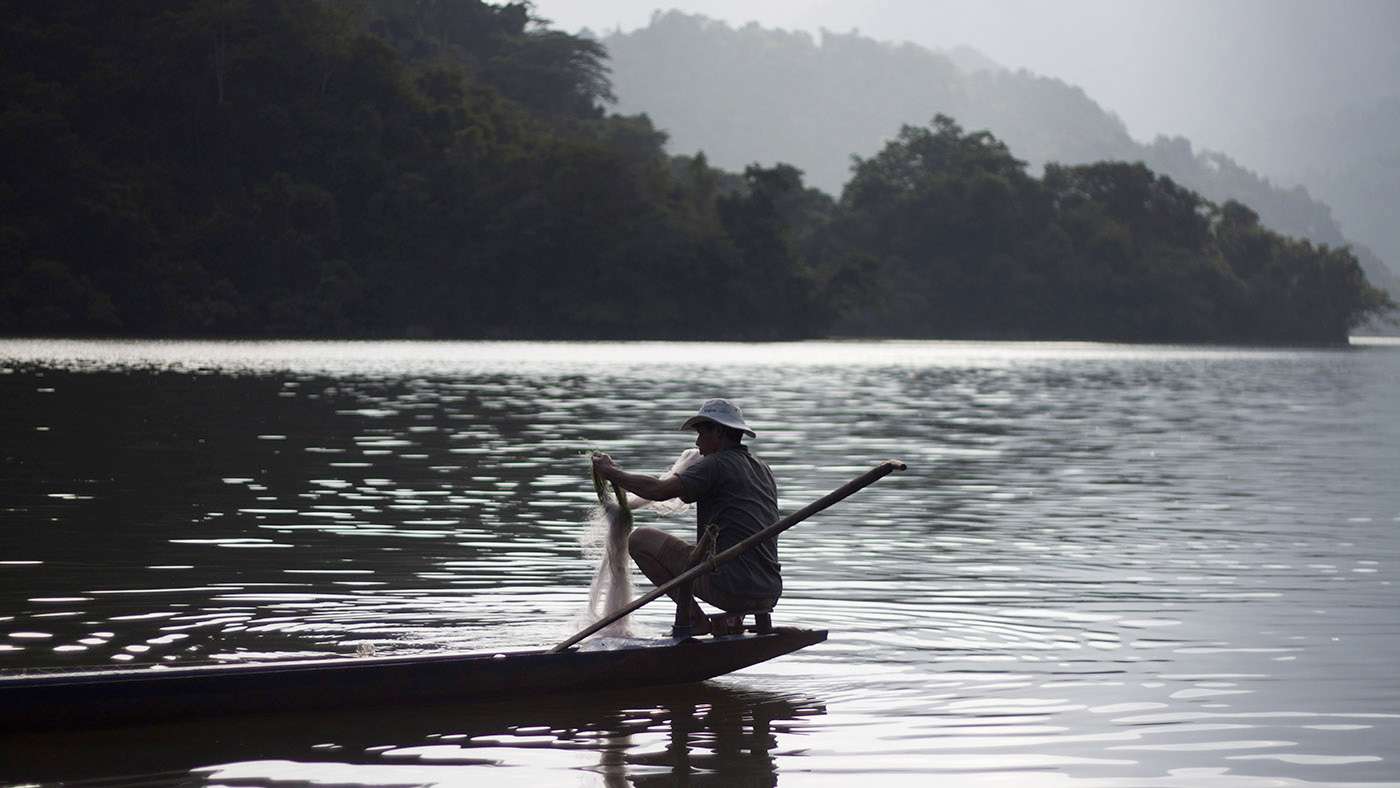
Fishing at Ba Be Lake catfish
Vietnam might be joining the neo-liberalism parade into economic prosperity, but the boots of progress are yet to make much of a dent out here in the north of Vietnam, and Ba Be is a prime example of the possibility for achieving harmony between man and his environment. Dotted all over with bins (a rare sight in this country) and Save The Earth signs encouraging tourists and locals alike to protect their bountiful ecosystem, Ba Be is the sort of place where people only thrive if they can get all there is to be had from nature.
Clouds slouch lazily over the mountains, taking a break from pulverising the northern provinces of Vietnam with rain to kick back and watch whatever’s on TV in heaven, speaking of which – we pass through Heaven’s Gate. Heaven’s Gate is the passing from Ba Be Lake to the Nang River where, in a place that would give Joseph Conrad the creeps, we approach a cave. Our guide explains that within Puong Cave reside a friendly horde of bats. No, I know what you’re thinking – nobody’s eating bats out here (to the best of my knowledge) but they do play a vital part in the residents’ cohabitation with nature here. If you thought your job was crap, spare a thought for the locals who literally collect bat shit in order to fertilise their crops.
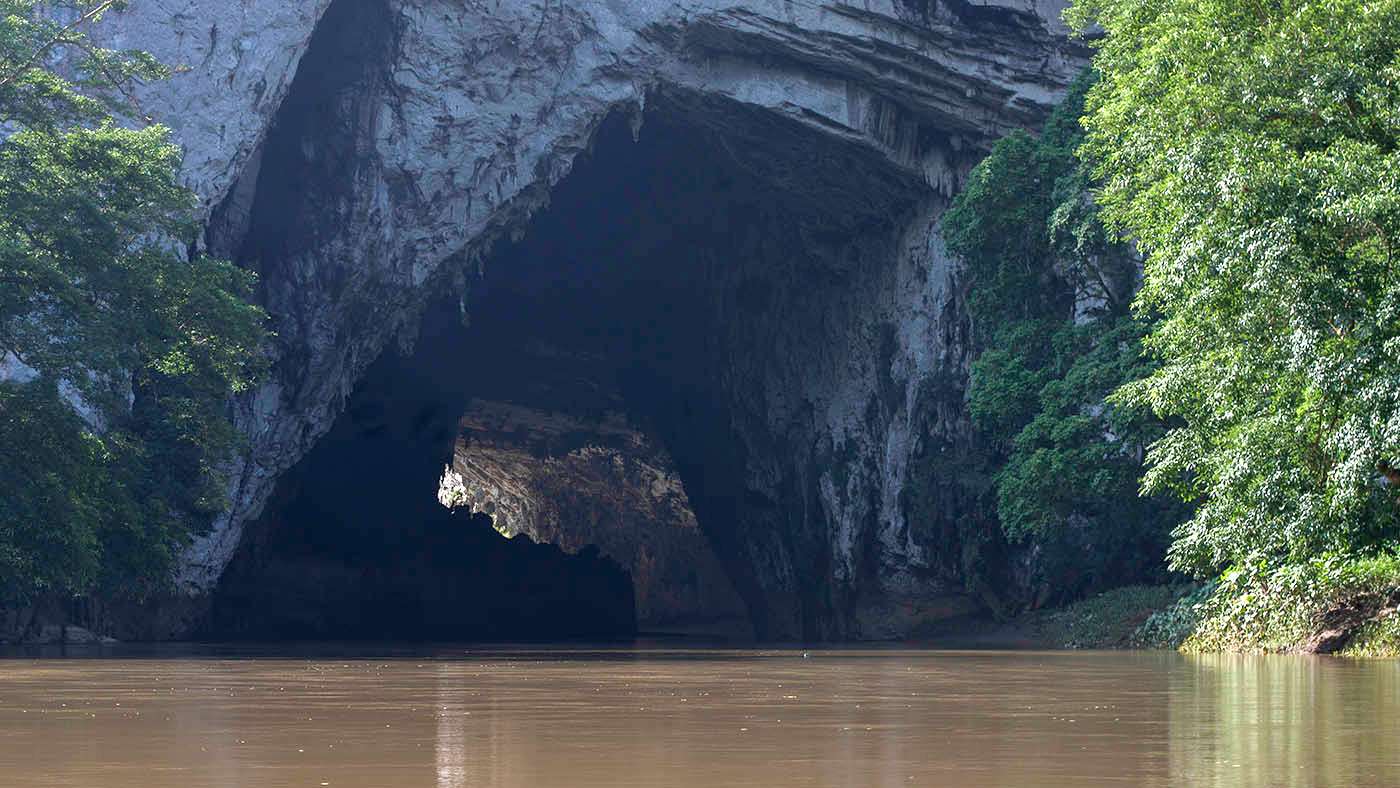
Puong Cave.
One of the finest sources of fertiliser is just ping straight from the stalagmites of Puong Cave and the locals here aren’t prepared to let any of it go to waste. If you’ve ever enjoyed vegetables of any form in Ba Be, chances are you owe a big thanks to a bat’s anus. The capacity for the various ethnic groups of Bac Kan to live harmoniously within nature is out of keeping with the reckless consumerism lauded back in the bigger cities.
Trieu invited us to dinner to taste the spoils of his labour, but first he and his wife showed us how to make do without a fridge when your primary source of sustenance comes from the water and you live in a nigh-on perpetual sauna. Fish isn’t beloved for its effluvium in this heat, but there are older, finer methods of preservation that go beyond the CFCs of modern day refrigeration units. The fact that the electricity in Pac Ngoi Village only runs between 8pm and 8am, coupled with the sheer cost of a fridge means that alternative techniques are not only a means of retaining traditional cuisine, but also a necessity.
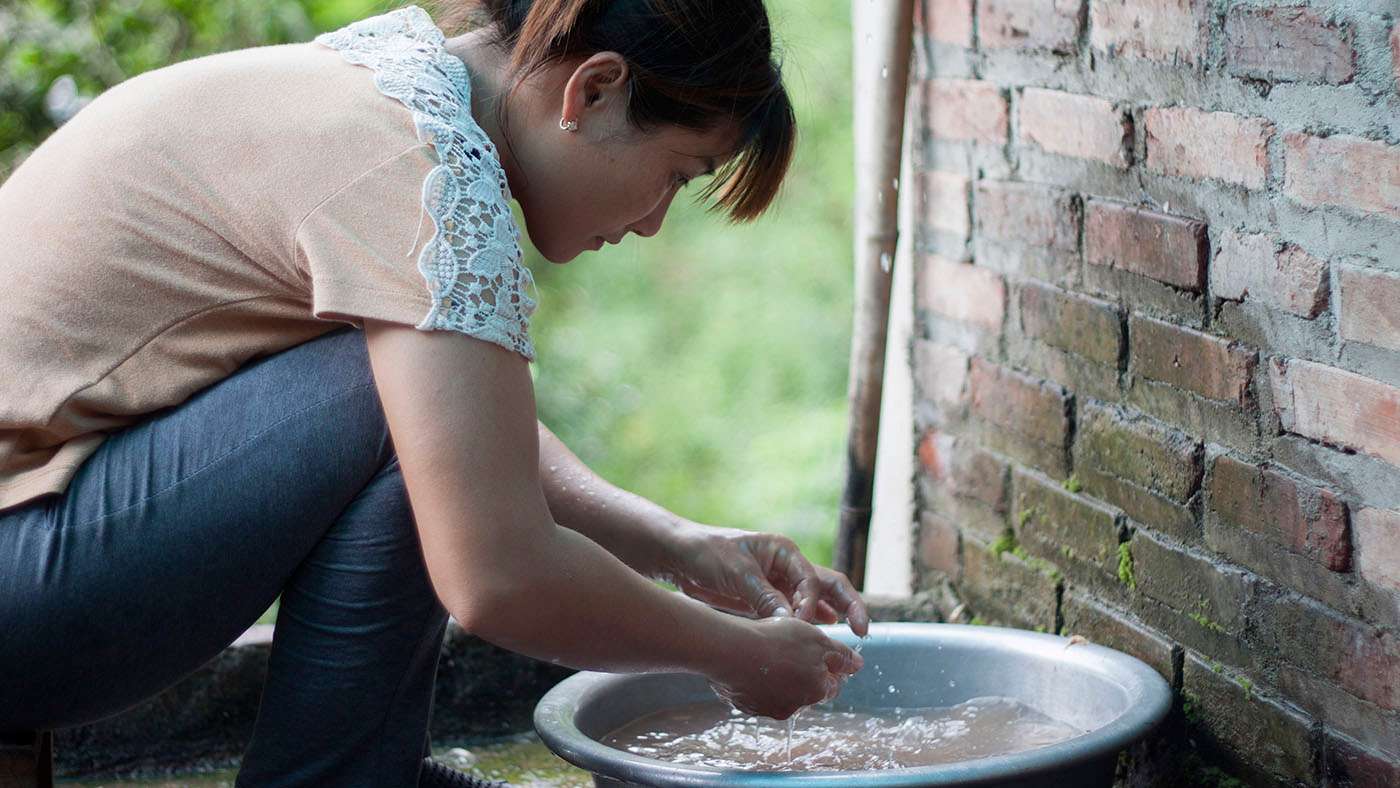
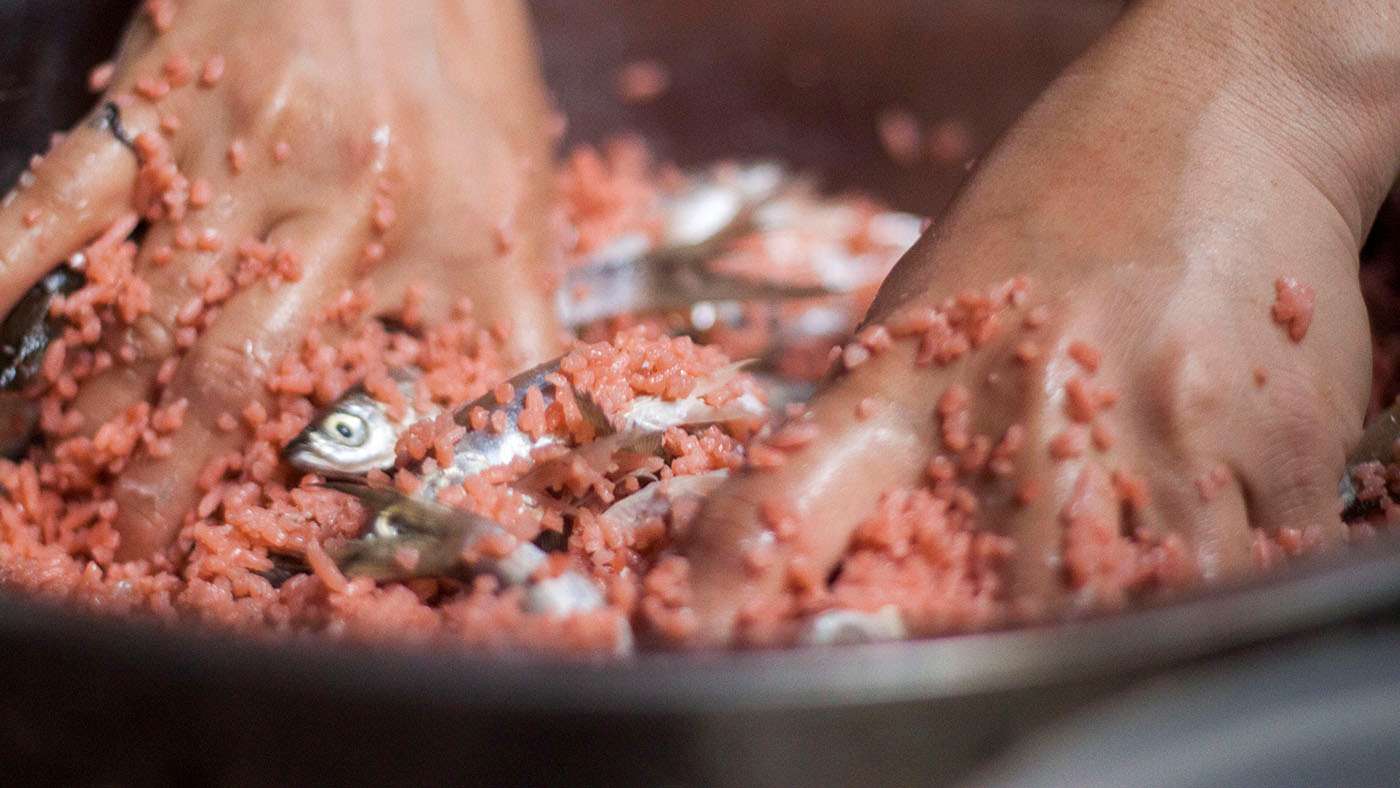
Trieu and his wife showed us how to save yourself from wasting perfectly good freshwater fish and shrimp, by the wonderful and flavoursome, yet odorous process of fermentation. Washing off the shrimp and the fish is just a small part of the preparation, yet the process itself is remarkably simple. A little salt – a favourite with scurvy-riddled sailors of yesteryear – is added to the bowl of shrimp, this is then mixed with a batch of sticky rice, also produced locally, independently and not in the hipster grocery shop sense. Throw in a splash of rice wine and then mix vigorously. This is then left in a ceramic bowl, sealed away for three days or so, depending on the weather. Humidity and heat actually fosters fermentation, who knew? Vietnamese summer is the perfect time to make a snack stash – one that will last for somewhere between six weeks and two months, depending on the ratio of rations involved.
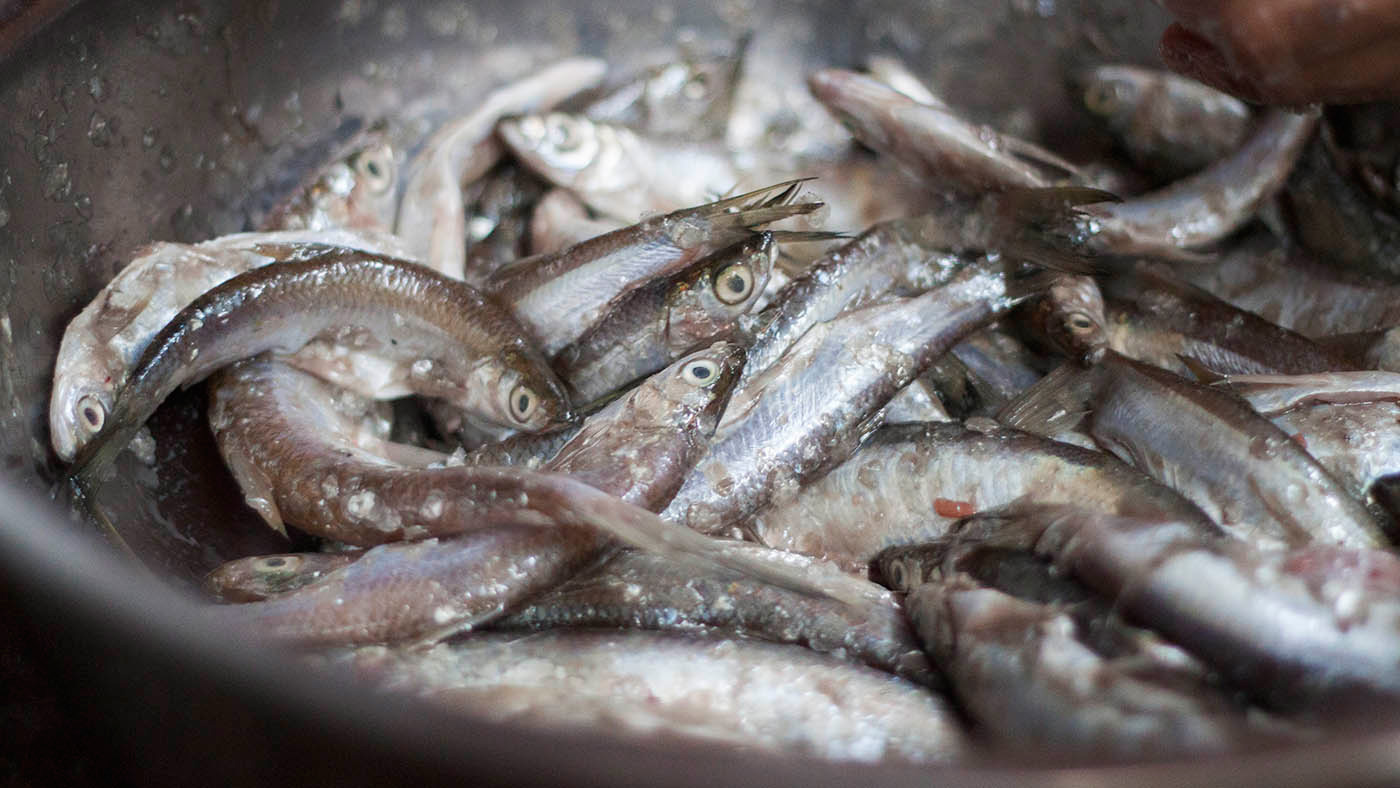
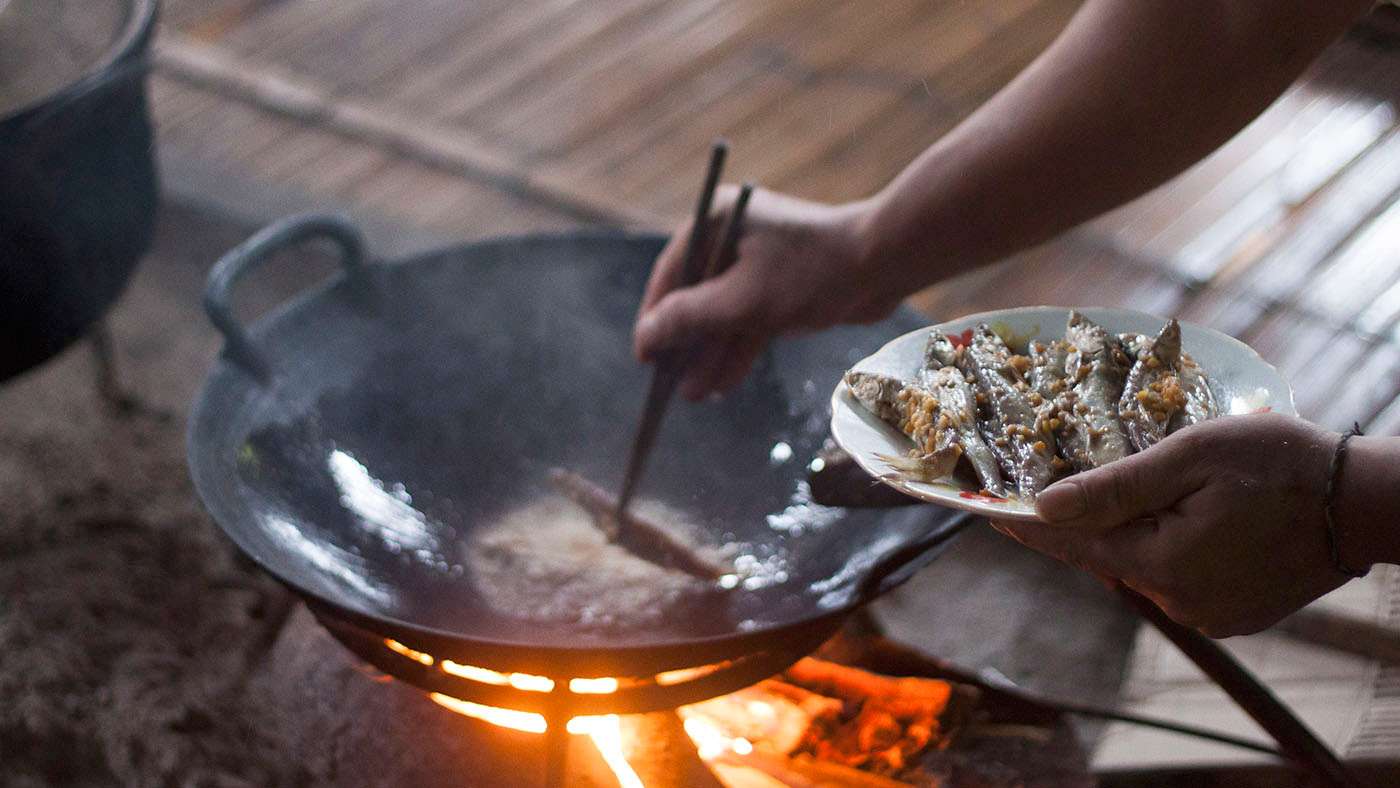
What strikes you about eating and hell, even drinking in Ba Be, is that almost everything that adorns your table has been found, caught or harvested probably just a few feet from where you sit. Everyone here is part of a comprehensive yet subconscious campaign to get by using only what’s offered to them naturally. It remains a bountiful environment for now, but its survival hinges on the behaviour of locals and tourists alike.
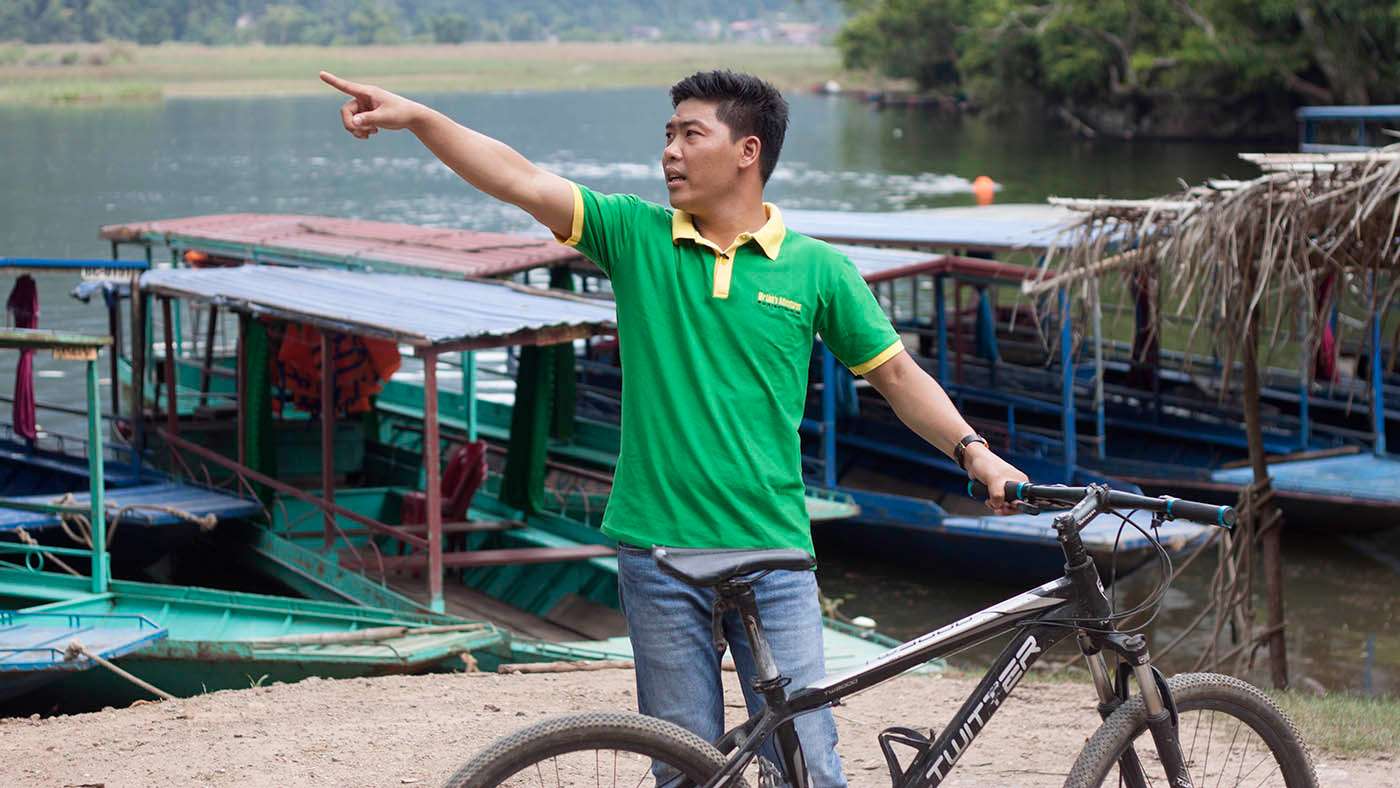
Nguyen Tuan Linh of Mr Linh’s Adventures.
One man striving to keep the balance here is the now famous Nguyen Tuan Linh of Mr Linh’s Adventures. His brand of eco-tourism is one that aims to alter the perception of what it means to travel out to such groin-grabbingly beautiful spots as Ba Be. “A huge part of my concept was to work with the local ethnic minority groups, I’ve found that tourists are more than happy to learn about the unique ways of life on offer here and in turn it provides support and money for the locals.”
Nguyen has been running Mr Linh’s Adventures for over three years and in that time, it’s spread to Cambodia and Laos, but with the same ethical travel essence at heart. “Vietnam is changing, international investment and interest is helping, more tourists these days want to be a part of responsible tourism, they want experiences rather than luxuries.” Nguyen has since organised events aimed at tackling the littering in Ba Be Lake as a means of ensuring that Trieu and his fisherman comrades can continue to live so freely off the land. “For many tourists, it’s a holiday, but for the locals here – it’s their lives, they depend on the environment for their income, for their food, so we need to help people understand how to protect it.”
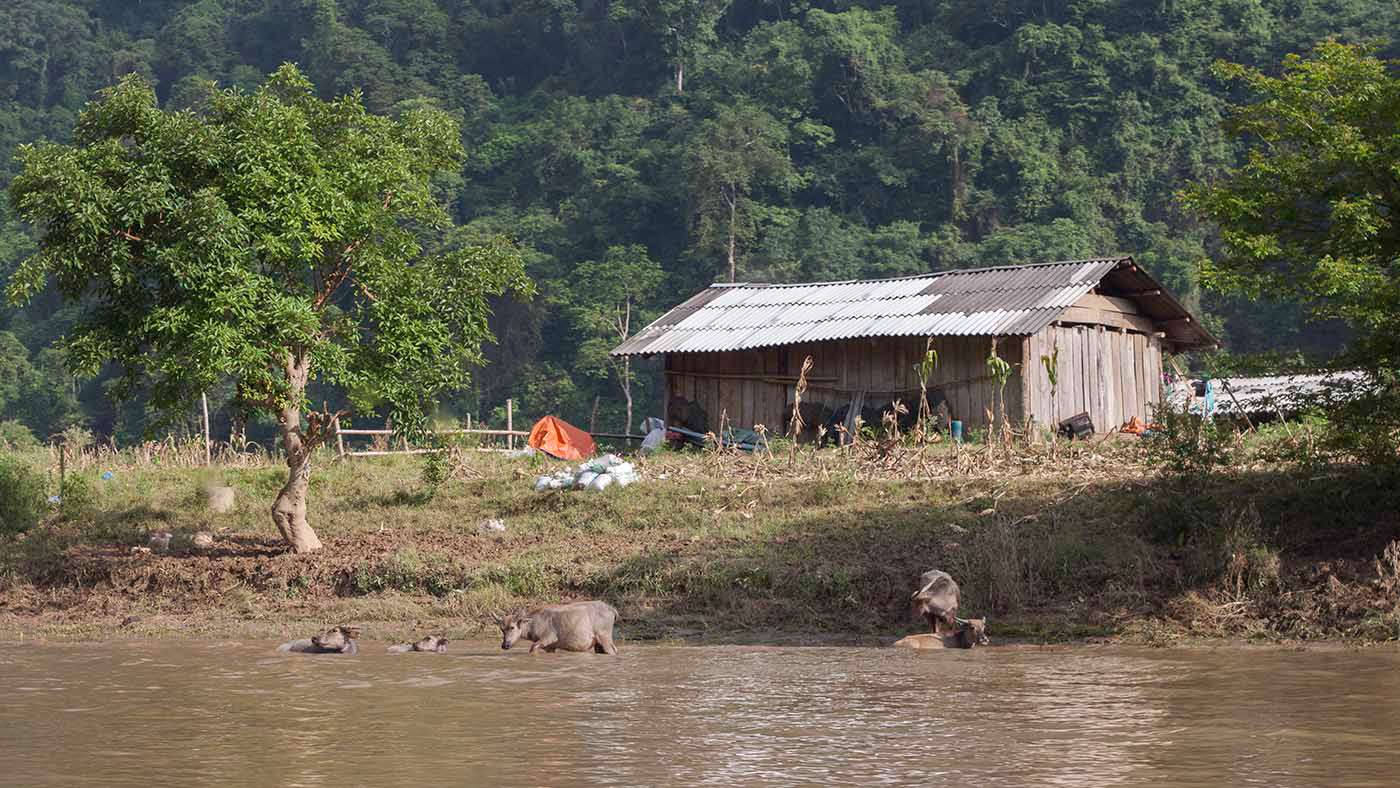
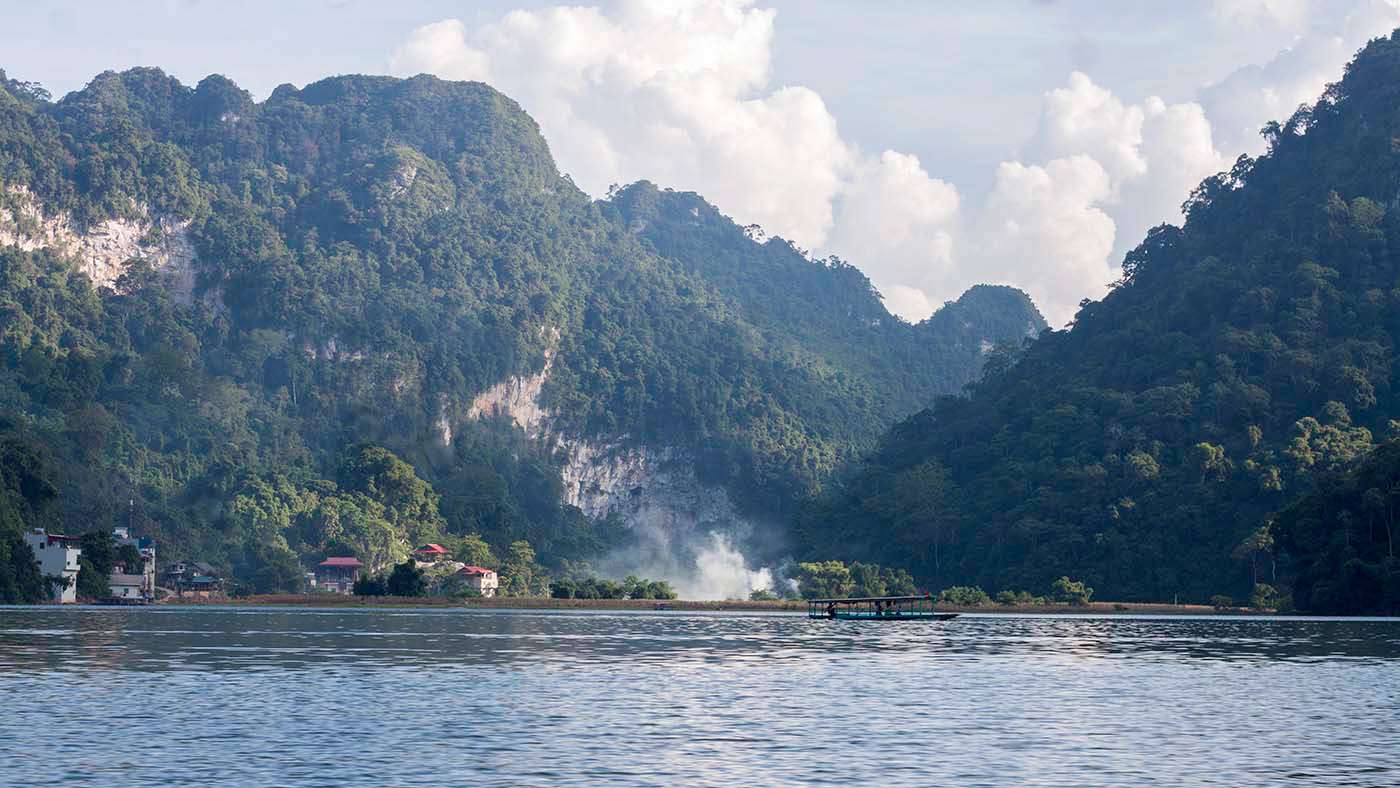
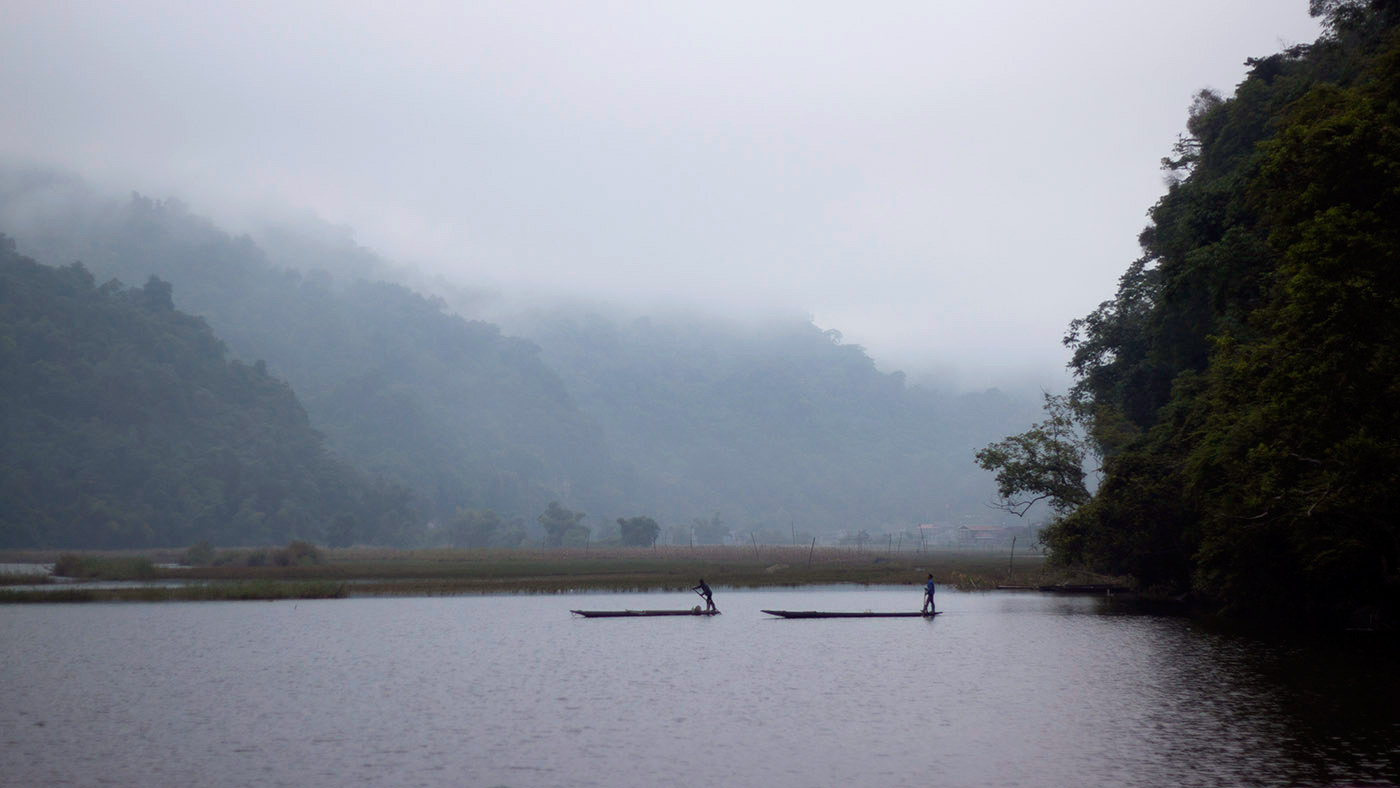
Living off the land and fishing at Ba Be lake © HOT TABLE. Photography by Gerry Flynn.